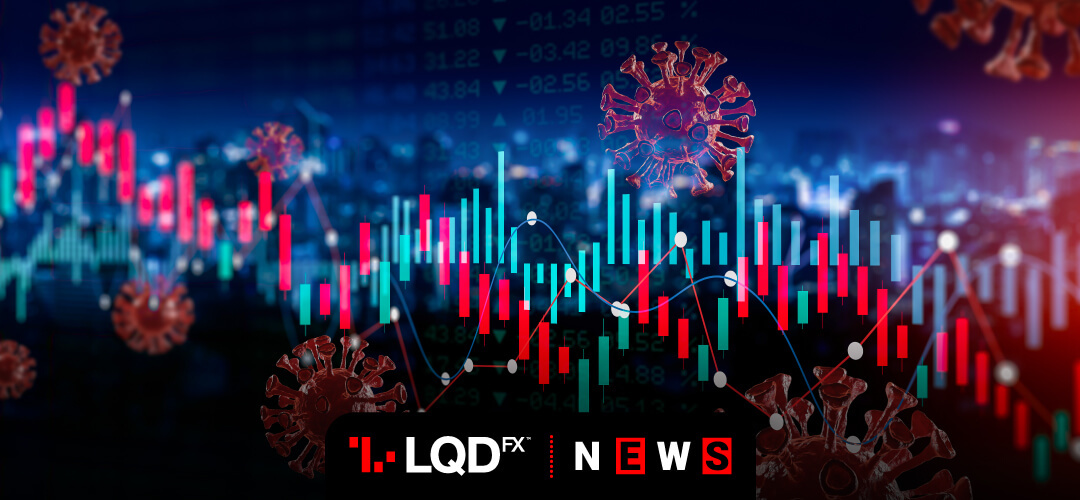Early data for progress towards a potential COVID-19 vaccine boosted hopes of an economic recovery and set the risk-on mood in currency markets.
U.S. researchers reported that Moderna Inc’s experimental vaccine for COVID-19 showed it was safe in an ongoing early-stage study. The experimental vaccine Phase 1 results for COVID-19 showed it was safe and induced immune responses in all 45 healthy volunteers. Experts say a COVID-19 vaccine is needed to put an end to the pandemic that has sickened millions and caused nearly thousands of deaths worldwide.
However, there was still some cause for caution, with worsening U.S.-China tensions and fears about the economic impact of a second wave of coronavirus in the United States.
U.S. President Donald Trump has ended Hong Kong’s preferential status as a trading partner. China responded by saying it will impose retaliatory sanctions on the United States.
On the data front, U.S. import prices increased more than expected in June amid a surge in the cost of fuel. But the overall trend remained weak, suggesting inflation could stay tame despite a jump in consumer prices last month.
Further, a surge in daily new COVID-19 cases in Tokyo, set its coronavirus alert to the highest “red” level on Wednesday. Governor Yuriko Koike described the situation in the Japanese capital as “rather severe”. The resurgence of the virus could add to the growing pressure on policymakers to shore up the world’s No. 3 economy. Analysts say the Japanese economy set to shrink at its fastest pace in decades this fiscal year due to the pandemic.
Investors hope that EU will reach an agreement about the proposed coronavirus recovery fund at their summit starting on Friday. German Chancellor said in a news conference with Spanish Prime Minister on Tuesday that Germany would push for a compromise. France believes it is possible to reach agreement on the recovery plan and budget, the office of the French presidency.
START TRADINGForex – Risk-on mood on potential COVID-19 vaccine
Risk sentiment revived in currency markets, as progress towards a COVID-19 vaccine helped commodity currencies strengthen.
The dollar index fell below 96 for the first time since June, dropping to a one-month low of 95.866 around 0830 GMT. The greenback then stabilised at 95.907 at 1045 GMT.
The Canadian dollar strengthened against its U.S. counterpart on Wednesday as investors grew more optimistic about a coronavirus vaccine. Domestic data showed a rebound in factory sales, with the currency recovering from a two-week low the day before. The Loonie was trading 0.4% higher at 1.3563 to the greenback, or 73.73 U.S. cents.
The riskier New Zealand and Australian dollars were both up around 0.5% versus the U.S. dollar since New York’s close.
The Aussie was at 0.701 and the Kiwi was at 0.6568.
The euro was boosted by a combination of dollar weakness and hopes that EU leaders will reach an agreement about the proposed coronavirus recovery fund. The euro extended overnight gains to a four-month high of 1.14475 versus the dollar at around 1055 GMT. It traded close to the euro-dollar’s peak of 1.1495 in early March. The common currency may fall if the the outcome of the summit dissapoints markets.
The pound was dragged up by a weaker dollar and a risk-on mood on Wednesday but traded flat against the euro. Sterling likely faced further weakening due to economic damage inflicted by the new coronavirus and Brexit.
The sterling was up 0.5% at $1.2610 but remained steady against the common currency at 90.75 pence.
PLEASE NOTE The information above is not investment advice.
Sources: Reuters, Investing, CNN money
